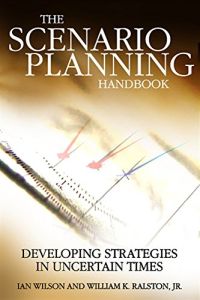
The Scenario Planning Handbook
Developing Strategies in Uncertain Times
Read or listen offline
Recommendation
Herman Kahn, brilliant strategist and game theorist, is the godfather of scenario planning. (He partly inspired Dr. Strangelove, the creepy character played by Peter Sellers in the 1964 madcap movie of the same name.) During the 1950s and 1960s, Kahn used the intellectual tool of scenario planning to examine and write about the horrific consequences of thermonuclear war. Originally a national military strategizing tool, scenario planning crossed into the business world during the late 1960s. It does not predict the future. Rather, strategists use it to examine and plan for possible futures. Consultants and futurists Ian Wilson and William K. Ralston Jr. are bona fide scenario-planning experts, however, they could have explained more plainly exactly how companies should handle the complexities of carrying out the process. Some examples are unclear and the text sometimes becomes dense. Still, getAbstract finds that leaders and managers can benefit from this useful overview of the subject, particularly the structure of the 18-step plan for conducting a scenario-planning exercise.
Take-Aways
About the Authors
Ian Wilson and William K. Ralston Jr. are futurists and consultants who assist corporations regarding strategic analysis, planning and execution.








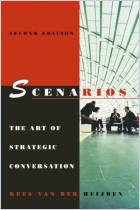
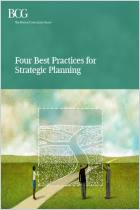
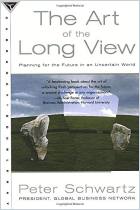
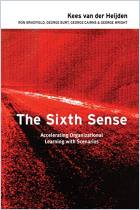
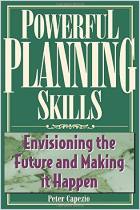
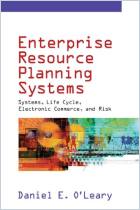



Comment on this summary or Démarrer une discussion